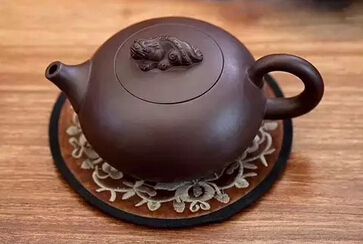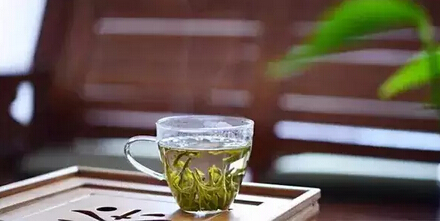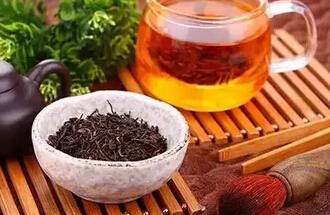Tea is an indispensable lifestyle for modern people, but it cannot be consumed carelessly. Ignoring certain drinking methods may not only negate its benefits but also harm our health. Below, we will explore the principles of drinking tea!
Avoid overly strong tea
Strong tea can excessively stimulate the body, adversely affecting the cardiovascular and nervous systems. Those with cardiovascular diseases may experience tachycardia or arrhythmia after drinking strong tea, potentially worsening their condition.

Avoid drinking before sleep
This is especially important for beginners. Many people find it difficult to fall asleep after drinking tea before bed, which can severely impact their energy the next day. Those with neurasthenia or insomnia should be particularly cautious.

Avoid drinking before meals
Drinking small amounts of tea before or during meals is fine, but excessive or overly strong tea can interfere with the absorption of essential minerals like calcium and trace elements like iron and zinc. Notably, avoid drinking tea with milk or dairy products, as the tannins in tea can bind with calcium, reducing nutritional value.

Avoid drinking after alcohol
Tea's diuretic effect can push undigested acetaldehyde into the kidneys, harming renal function. Combining alcohol and tea also overstimulates the heart, posing greater risks for those with heart conditions.

Avoid new tea
New tea can irritate the stomach lining and contains unoxidized compounds that may cause discomfort or digestive issues.

Avoid using tea to take medicine
Tea's tannins can react with medications, reducing their effectiveness. Always use water for taking medicine.

Avoid overnight tea
Overnight tea is prone to bacterial contamination and chemical changes, which can cause gastrointestinal issues.

Seasonal tea preferences
Drink floral tea in spring, green tea in summer, oolong tea in autumn, and black tea in winter to align with seasonal health needs.

Drink in moderation
While tea offers benefits like digestion aid and mental alertness, excessive consumption is harmful. Limit intake to 2–3 grams per session, 1–2 times daily. Certain individuals, such as those with specific health conditions or pregnant women, should avoid tea.